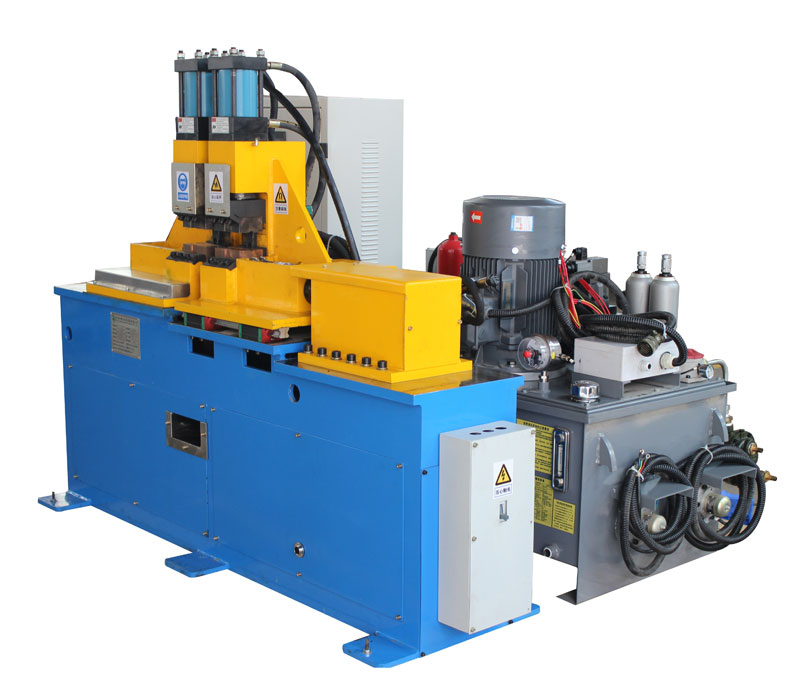A Brief Analysis of Welding Machine Electrodes
This article provides a concise analysis of welding machine electrodes, an essential component in the welding process. Welding electrodes serve as the conductive medium to create an electric arc, which generates the heat necessary for joining metals. Understanding the different types of welding electrodes, their characteristics, and applications is crucial for achieving successful welding results. The article explores common electrode materials, including coated electrodes and tungsten electrodes, along with their advantages and limitations. Additionally, it discusses electrode selection, storage, and handling practices to ensure optimal welding performance.
Welding machine electrodes are pivotal elements in the welding process, responsible for facilitating the fusion of metals through the generation of an electric arc. This article offers an insightful analysis of welding machine electrodes, their types, and their impact on welding outcomes.
- Coated Electrodes Coated electrodes, also known as shielded metal arc welding (SMAW) electrodes, are the most commonly used type. These electrodes feature a flux coating that shields the weld pool from atmospheric contamination, thereby enhancing the weld’s integrity. Coated electrodes are versatile and suitable for various welding applications, including mild steel, stainless steel, and low-alloy steel.
- Tungsten Electrodes Tungsten electrodes are predominantly employed in gas tungsten arc welding (GTAW) or tungsten inert gas (TIG) welding. These electrodes are known for their high melting point and excellent arc stability, making them ideal for welding non-ferrous metals like aluminum, magnesium, and copper alloys.
- Electrode Selection Choosing the appropriate electrode depends on the base metal, welding process, and desired weld characteristics. The right electrode selection ensures optimal arc ignition, stable arc performance, and the desired weld bead appearance.
- Electrode Storage and Handling Proper storage and handling of welding machine electrodes are critical to prevent moisture absorption, which can negatively impact electrode performance. Maintaining electrodes in dry, airtight containers and using low-humidity storage rooms are essential practices to preserve their quality.
Welding machine electrodes are indispensable elements in the welding process, playing a pivotal role in achieving strong and reliable welds. Understanding the different types of electrodes and their applications enables welders to make informed decisions during the welding process. Coated electrodes provide versatility for various steel welding tasks, while tungsten electrodes excel in welding non-ferrous metals. By following best practices for electrode storage and handling, welders can ensure consistent and successful welding outcomes in their projects across diverse industrial applications.
